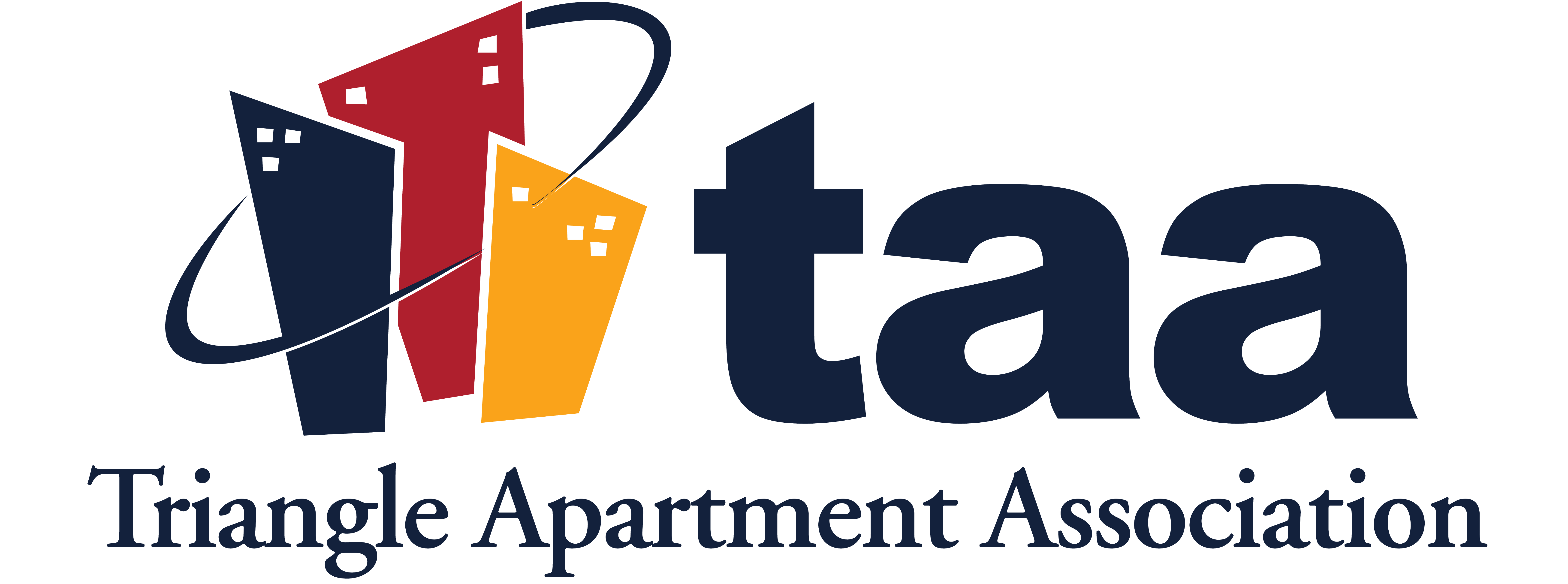Hoarding and Fair Housing
It is a situation that has arisen repeatedly: A maintenance worker enters a tenant’s unit to make a repair or conduct an inspection and discovers that the unit is filled so much paper and other belongings that walking through it is difficult and even unsafe. Despite being given 30 days to remove excess belongings, the tenant is unable to comply. As a result, management begins eviction proceedings, citing the tenant’s noncompliance with the lease, as well as possible violations of the local housing code and state law requirements that tenants maintain their units in a “clean and safe” manner.
People who struggle with hoarding may represent about 5.8% of the population. While tenants have a duty to follow lawful provisions of their leases, including requirements regarding cleanliness and upkeep – and landlords have a right to enforce those agreements – fair housing laws may give tenants whose hoarding behavior is related to a disability certain rights in some instances.
What is Hoarding?
Since 2013, the American Psychiatric Association (APA) has recognized that hoarding is a mental disability. The diagnostic criteria for hoarding include:
- Persistent difficulty discarding or parting with possessions regardless of actual value;
- A perceived need to save items and distress associated with discarding them;
- The accumulation of possessions that congest and clutter living areas and substantially compromises their intended use;
- Clinically significant distress or impairment in social, occupational or other important areas of functioning (including maintaining an environment safe for oneself and others)
Hoarding may also be related to other disabilities like obsessive compulsive disorder (OCD), or may be a symptom of another mental disability, like dementia or psychosis or depression.
Hoarding is different than poor housekeeping. A messy home may not be indicative of hoarding if the home is still safe to move around in and the rooms are used in the manner they were originally intended.
What are the Fair Housing Act implications?
Hoarding has been recognized as a disability under the Fair Housing Act Amendments (FHAA), even before the APA’s official recognition in 2013, because the behaviors associated with hoarding can substantially limit one or more of a person’s major life activities.
As such, a person who suffers from hoarding may be entitled under the FHAA to “reasonable accommodations of policies, practices or services when such when such accommodations may be necessary to afford such person equal opportunity to use and enjoy a dwelling.” 42 U.S.C. 3604(f)(3)(B).
For instance, if a person suffers from hoarding and is being evicted because of behavior related to hoarding, the person may ask for a reasonable accommodation of the lease provision or policy that requires the eviction in such circumstance. Usually the reasonable accommodation that would be requested is more time for the individual to obtain appropriate supportive and mental health services that would allow the tenant to bring the unit into compliance with the lease provision or policy.
A housing provider may generally deny a reasonable accommodation request if a tenant’s behavior poses a direct threat to the health and safety of the staff and other residents, or the behavior causes substantial property damage, and a reasonable accommodation will not minimize or eliminate the threat. Although hoarding can, in some situations, give rise to such threats and potential for property damage, the Fair Housing Act requires housing providers to consider a reasonable accommodation plan from a tenant that could minimize or eliminate the threat the hoarding behavior presents while allowing the tenant to remain in their housing.
A successful reasonable accommodation plan, especially in cases with hoarding behaviors, involves collaboration between the tenant, the housing provider, mental health professionals, social workers, and/or other advocates. Family members and friends may also play an important role in assisting a tenant achieve compliance. Such plans have been successful in enabling individuals who suffer from hoarding to minimize or eliminate a perceived threat or danger posed by hoarding behaviors.
This article was co-written by Kelly Clarke, Supervising Attorney, and Lauren Brasil, Staff Attorney, at the Fair Housing Project, Legal Aid of North Carolina. It was reposted with permission. The original post can be found here.
